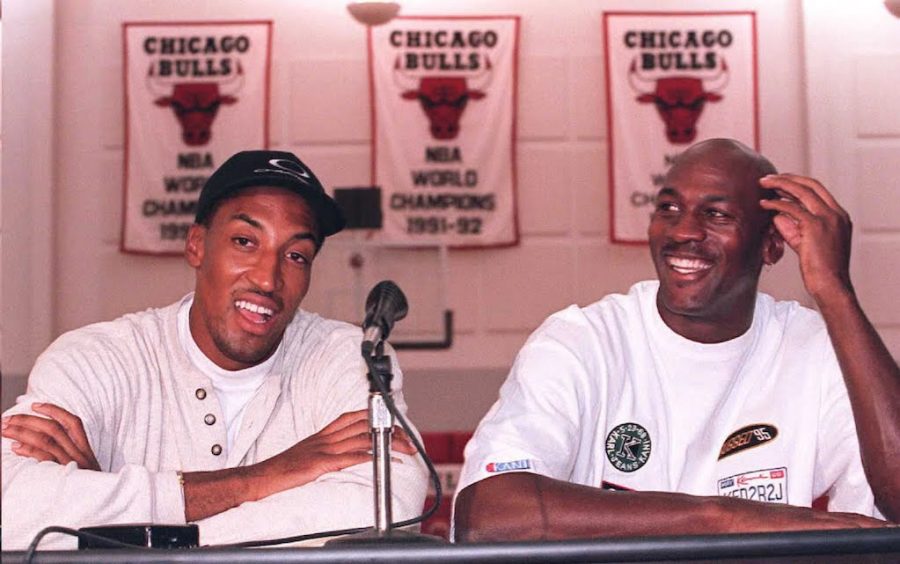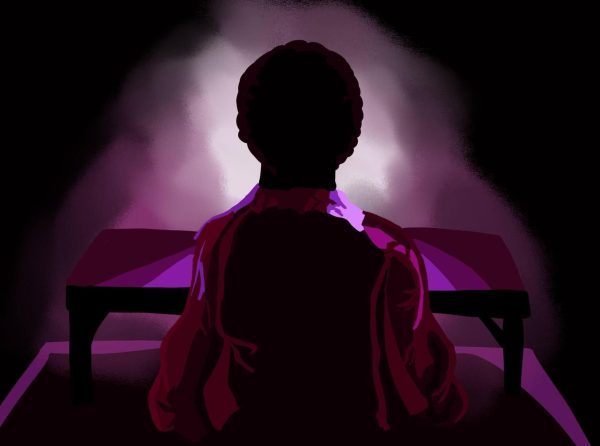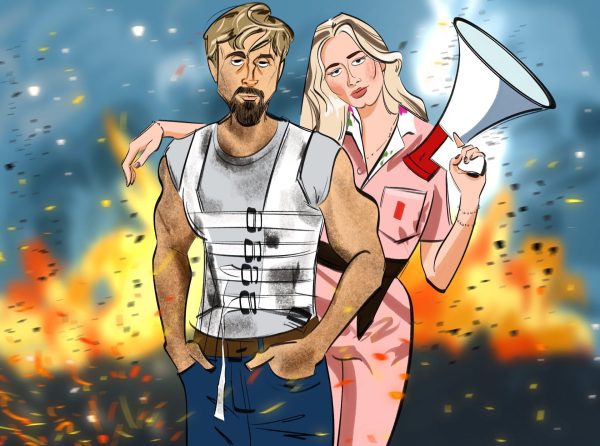Once more, with feeling: a review of ‘The Last Dance’
“The Last Dance” is a monumental piece of documentary filmmaking — a comprehensive look into one of our greatest sports teams, a searing examination of legacy and ego. There are eight episodes still to air, yet it is already a triumph, breaking ratings records for the storied “30 for 30” franchise.
The series chronicles the 1997-98 Chicago Bulls season, the final year of the team’s dominant run during that decade. The season, filled with drama and intrigue, would be the last time Chicago fans would ever see Michael Jordan in a Bulls uniform. The series feels bittersweet — we know that Jordan and Pippen went out with a bang, yet there is a sinking feeling of despair to go along with championship elation. One cannot help but think it did not have to end there.
Before watching the first episode, I asked myself: What don’t I already know? Jordan was unstoppable and Pippen, the greatest defender of all time. Phil Jackson was the Zen master, a coach who, in a few short years, accomplished the same magical feat with Shaq and Kobe’s Lakers. Oh, and Rodman, who was a freak of nature, could have played a few more years of great basketball — his issues with addiction and mental health notwithstanding.
“The Last Dance,” directed by Jason Hehir, is as exhaustive an effort as possible. The public has only seen two of ten episodes, yet the breadth of information is staggering. There is not a single box left unchecked. The interview subjects they conjured for the series is a flex in its own right. Even Barack Obama and Bill Clinton get in on the action, describing their admiration for Jordan and Pippen, respectively.
But what confounded me more than anything was, why did it have to end? They clearly could have done more together. Jordan retired for the second time after championship six, but in 2001, came back for a brief, but odd two-year run with the Washington Wizards. Pippen moved on to the Houston Rockets, where he played at least another two years of championship-level defense. Phil would win another five championships with the Lakers, including a legendary three-year stretch from 2000-2002. What went wrong?
The first two episodes suggest the rocky relationship between Jordan, Pippen, Jackson and then-general manager Jerry Krause as the catalyst for the break-up. This dynamic is easily the most fascinating part of the series, as Krause was ready to move on and begin a rebuild of the franchise. Yet, they were still winning — one can only speculate, but ego certainly played into the equation.
Krause passed away in 2017 and is therefore unable to defend himself — instead, we get archival footage of the controversial figure, whose philosophy on organizational management was flawed, but not unlike most general managers of his era. The documentary suggests that perhaps Krause wanted more credit for the Bulls success in the 90s and wanted to prove himself as a great executive in his own right.
The documentary does an excellent job at framing this dynamic as objectively as possible. While many — especially in Chicago — view Krause as the villain, we get a glimpse into how he was treated by players during this time. And in short, it was not pretty.
Pippen — shockingly underpaid and undervalued at the time — verbally attacked him every chance he got, some so vitriolic that they weren’t even captured on camera. Scottie Pippen felt cheated and disrespected by the organization and he retaliated, against Jerry, mostly.
To the series’ detriment, its formal style is uninspired. It rarely deviates from standard sports documentary tropes, with archival footage and talking head interviews. But this hardly matters because of its depth and honesty.
Too often, these documentaries become hero worship, sanitizing everything to give the sense of absolute perfection. Jordan was not a perfect man despite his perfection on the court — in fact, he could be cruel. He would target players for lack of effort and dig into them physically and emotionally. He was just as relentless off the court as he was on the court. “The Last Dance” is unafraid to showcase this, and in doing so, transcends these genre tropes with truth and honesty.
The context of the documentary’s release is indicative of the time we live in now — we took Jordan’s greatness and the Bulls’ greatness for granted, much like we take sports for granted. And now that they’re gone, we miss them terribly. “The Last Dance” gives sports fans like us, starved for content, what we have been craving since the beginning of this uneasy time.
Is Jordan the greatest basketball player of all time? Probably. Some fans today might say LeBron — more intelligent fans might say Magic Johnson or Bill Russell. That does not matter, as this series is more about the egos that tore this team apart — and the lasting legacy they left behind. Jordan and the 90s Bulls were, and still are, an institution.
All these years later and we are still having these conversations, still drooling over the insane plays Jordan made throughout his career. His iconic moments are imbued within our DNA as much as any other sports figure, more so in fact. We love you, Michael — flaws and all.















